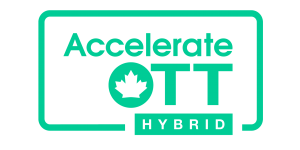 This featured story is brought to you by the Power of Why Podcast in collaboration with Invest Ottawa. We teamed up to produce this special series in celebration of AccelerateOTT, Ottawa’s flagship entrepreneurial conference. Visit www.accelerateott.ca to learn more.
This featured story is brought to you by the Power of Why Podcast in collaboration with Invest Ottawa. We teamed up to produce this special series in celebration of AccelerateOTT, Ottawa’s flagship entrepreneurial conference. Visit www.accelerateott.ca to learn more.
Everyone thinks you’re competing with them, but you’re really in competition with yourself
She raised $1.4 million and co-founded Black Women Talk Tech along the way. Today, Esosa Ighodaro-Johnson wants to help you get out of your own way. 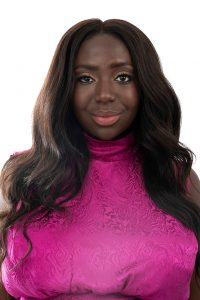
From banking executive to tech founder, Esosa has learned the power of community. With Black Women Talk Tech and Roadmap to Billions, she unites Black women tech and scalable business founders across the United States to bridge critical knowledge gaps — helping them grow their business and build independent wealth, establishing legacies that can change the world.
We caught up with Esosa to find out how she pivoted from the conservative world of finance to tech, and why self-awareness and failing forward are the key to success.
Listen to the episode on Spotify / iTunes / Google Podcasts
Tune in to the podcast or take the time to digest each article found below. Either way, you’re bound to be inspired by Esosa’s story.
This episode is for you if:
- You want to build something that serves your community
- You’re eager to transition into tech
- You feel like you’re getting in your own way
- You’re hungry for insights on how to launch your business
Looking for something specific?
[3:30] The remarkable story behind Esosa’s journey to America
[5:30] Why Esosa wants to build something as “big as possible”
[8:30] Helping Black women build the next billion dollar business
[11:27] “Stop doing things that aren’t fun”
[12:15] Transitioning from finance, to tech, to entrepreneurship
[18:00] How the New York City subway connected Esosa to her first Co-founder
[20:25] Building businesses with strangers
[26:00] Bootstrapping her way to success
[30:00] The ultimate brainstorming exercise for aspiring entrepreneurs
[32:45] What it means to build a legacy
[33:53] You need to grade yourself to get ahead
[36:00] Growing Black Women Talk Tech
[40:00] 97% of Black women business are bootstrapped
[41:00] Creating Black Students Talk Tech
[43:29] You are your own greatest competition
[44:00] Here’s the greatest investment Esosa has made
[46:20] Pay someone else to help you pay attention
Naomi: What’s your origin story?
Esosa: My family’s from Nigeria. My grandfather, a medical doctor, came up with a solution to sleeping sickness. As a gift, the government gave two of his kids a full scholarship for school in America.
That’s how my mom came to America, and why I’m here. I marvel at that story. It inspired me to support the audacious moves of people who decide to be entrepreneurs.
My community, Black women founders, we’re so creative. Often our problems aren’t solved by the masses, so we have to come up with the solutions ourselves.
At Black Women Talk Tech, we want to help Black women build the next billion dollar tech or scalable business.
I went to school for Finance and worked for CitiGroup after I graduated. I got a solid foundation and a 401k in my early 20s. It was a big transition for me to go from finance to tech. It was around 2012, when the iPhone was just becoming a thing.
Naomi: What were you thinking when you transitioned from finance to tech?
Esosa: People were making millions off of apps they worked on for a few months. It interested me, how quickly you could gain traction and make real money, real opportunities for yourself. What drew me in was a friend who was working at Microsoft, before leaving to start a gaming app.
He was making at least a quarter million at Microsoft, so I was like, if you’re leaving for this app situation, I need to get into it. At the time, the average person downloading games was a woman, age 28, who made over 100K.
People were willing to pay for digital products. You’re playing a game, and if you want to level up, you’ll pay $5. That’s how these apps raked in dough.
I talked my friend into creating a course around gaming apps. We got a group of friends together, and paid him to make it happen. We were scrappy.
I started going to every tech conference I could find. Back in 2012 there weren’t that many, but it was still a West Coast game, in Silicon Valley. Though a lot has changed, deals still get done faster there. They’re less conservative than in the East.
I met someone on the subway in New York City, who happened to be in tech, and ended up being my first Co-founder. We talked on the subway, then six months later we started our first business, Cosign, which helped people democratize affiliate marketing by recommending products on social media.
We created the first “Buy” button on social media back in 2013. We scaled, raised money, pivoted and started something different. Then we got married, and had our first kid. So find love on the subway, ladies and gentlemen!
Naomi: You met your current co-founders at an event for women founders. How did that lead you to your first event?
Esosa: Myself, Regina and Lauren met at a networking event, and were like, “Oh my gosh, another Black woman! What are you working on?” It was just so refreshing to see – as we used to say – a chocolate drop in the room.
What I love about technology, that is fairly different from finance, is the willingness and the openness to help each other. We did a retreat in Connecticut in 2015 and said “hey, maybe we should try doing a one-day event next year, and allow more people to join.”
We found time in 2017 for the first official Black Women Talk Tech event, where we invited gurus to come every hour. We invited 20 investors. One of my advisors worked at Google and got us a spot there.
We sent out the invitations a week before over email. We were expecting 15, 20 people to show up. Over 300 people tried to come. We were shocked. These people were from everywhere: Canada, New York, Pittsburgh, California.
We had to do an application process. Who are we to do that? But we only had 30 spots available in a small room. It was one of the most powerful events I ever attended. I think there’s only 14 women who raised over a million dollars. Six of them were on stage at our event, sharing how they did it.
We had a pitch competition, even though we didn’t have any money to give. Instead, finalists got access to another competition where they could win money. The winner at our conference actually won at the other competition. She got a huge story in Forbes, and things went viral from there. She attributes all of her success to those days.
You don’t plan for that, right? Opportunity meets preparedness and you get this great blessing. Another woman got her first cheque from a company at that event. Within 10 months she grew her business to seven figures. The next year, she did about 10 million, bootstrapped. The year after that, she raised the largest Series A for a Black woman, which was 15 million at the time.
Naomi: What advice do you have for our listeners who want to build a business?
Esosa: Just start. Find an idea you enjoy. That’s what will make you stick with it. Times will get challenging, so you want something purpose-driven.
For folks starting out, take 30 days, and every day come up with three problems and solutions you can provide. By the end of the 30 days, you’ll have 90 ideas.
From there, ask yourself, what are you passionate about? Pick your top five. Then, which offers the greatest opportunity? Do some market research. Find out where you can make the biggest bang for your buck or effort.
Narrow it down to one or two ideas and test it for six months. If it doesn’t have traction, go for the next idea. Nobody’s making you do this. You choose your lifestyle.
Don’t be afraid. Fail forward. As you build your business, you have greater accountability. You’ll build a legacy, not just for yourself, but your family, your community, and hopefully the world.
Naomi: How did you implement a new service for your community?
Esosa: We were founders, so we knew what we needed. We wanted to figure out what was important to our community.
What’s the number one thing they’re struggling with? For a lot of people, it’s fundraising. It’s new territory for many people in our community.
Last fall, we published the largest research report on Black women who are tech and scalable business owners. It showed that 97% of Black women businesses are bootstrapped. We’re funding our own ideas.
We need to build networks and access points to get fundraising from actual investors. That’s why we created investor matchmaking programs in our events. A large student population wanted in, so we started Black Students Talk Tech.
That’s typically how we work. We serve our audience, and we listen to what they want from us. Sometimes people will tell you what they want, but you may not be in a position to take action. You have to figure out when it makes more sense for your business, and what you have capacity for.
Since our inception, people have been asking for a membership, but we couldn’t quite do it then. We just launched one, which has been incredible.
We started with 30 people, now we’re at 2,700.
Naomi: What are the most important investments you’ve made for your growth and development?
Esosa: Everyone thinks you’re competing with them, but you’re really in competition with yourself. Figure out how to improve yourself every day.
I love investing in courses, learning, and productivity hacks. I manage my time effectively so I can get the most out of what I enjoy. Getting a therapist can help you work through things that can sidetrack you.
Having an executive coach has been incredible, too. You can’t always see yourself, even in the mirror.
Folks in their 20s and early 30s are trying to figure out what they want for themselves, versus what their parents want for them. That shift can be a challenge. You want to make your parents proud.
Figure out the top two things you want to improve on, where you need extra support, and pay someone to pay attention to that so you can grow. I have too many things coming across my desk. You’ll thank yourself when you’re older for the decisions you make now.
Naomi: What are you keeping an eye out for in today’s tech ecosystem?
Esosa: There are so many things that you heard about years ago that are now mainstream. Crypto was coming out, what, 10 years ago?
What’s so interesting to me are NFTs, and all the different technologies folks are creating on blockchain. It’s all over the map. It feels like the beginning of the internet.
I’d love to build everything. I realize I can’t do that, so I want to invest actively in startups. But I really, really love what’s happening with blockchain today.
Naomi: Where can people get plugged into your work?
Esosa: Go to blackwomentalktech.com. We have tons of cool things you can join – whether it’s our membership, an event, or content that can help support your business or career in tech.
This month, we have the Unicorn Ambition conference, hosted by our brother conference Black Men Talk Tech. It’s free, it’s awesome, and it’s hybrid – you can join online and in-person, in Florida, on October 20th and 21st.
If you’re a student, sign up for Black Students Talk Tech. If you’re a founder, sign up for our The New Face of a Founder Summit, which offers a full day focused on finance and fundraising next year, on February 24th. Roadmap to Billions is a hybrid conference on May 20th and 21st.
We’re looking forward to getting back in-person. I love getting to see people and hug them, feel that energy. It can’t be replicated online.
Connect with Esosa
- Esosa’s LinkedIn: Esosa Johnson
- Black Women Talk Tech’s Website: www.blackwomentalktech.com
- Black Women Talk Tech Twitter: @BWTalkTech
- Black Women Talk Tech’s Instagram: @blackwomentalktech
- Black Women Talk Tech’s LinkedIn: Black Women Talk Tech
Connect with Naomi
- Website: naomihaile.com
- Instagram: @naomiahaile
- Twitter: @naomiathaile
- LinkedIn: Naomi Haile
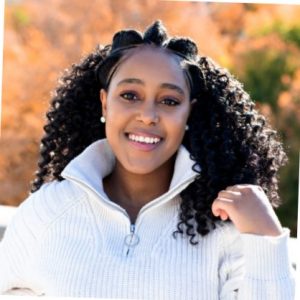 About the Power of Why Host, Naomi Haile
About the Power of Why Host, Naomi Haile
An intrapreneur, consultant, and interviewer.
Naomi Haile is curious about people, their paths and what drives them. In 2017, she launched the Power of Why Podcast. Her guests have taken the non-linear path in business, venture capital and other creative professions to share their story. Each episode explores people’s philosophy on life and work.
As we all navigate our lives and careers, Naomi hopes that everyone she connects with – guests and listeners – can shape products, companies, and communities of impact.
Naomi is a consultant at QuakeLab. She is starting graduate school at Columbia University.
After a year of grit and grind, are you ready to celebrate resilience? To get real about ongoing challenges? And to accelerate the growth of diverse and visionary ventures?
Join Invest Ottawa and our vibrant entrepreneurial community at AccelerateOTT 2021 Hybrid! Over 700 entrepreneurs have registered. There is still a spot for you. Grab your ticket.







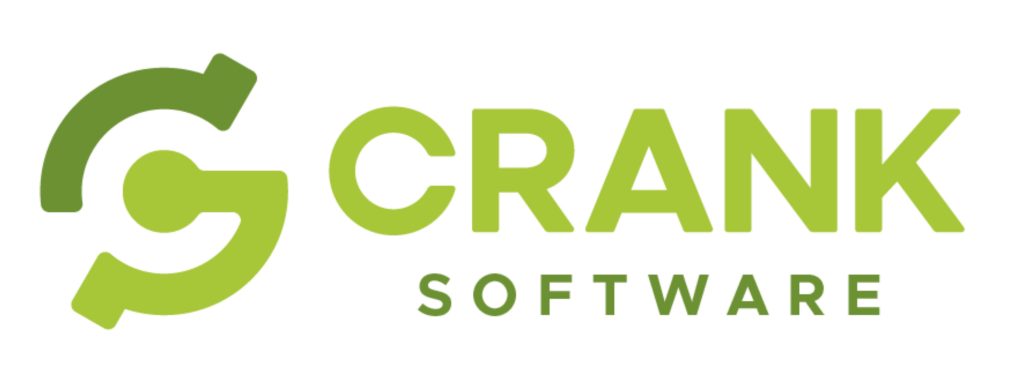


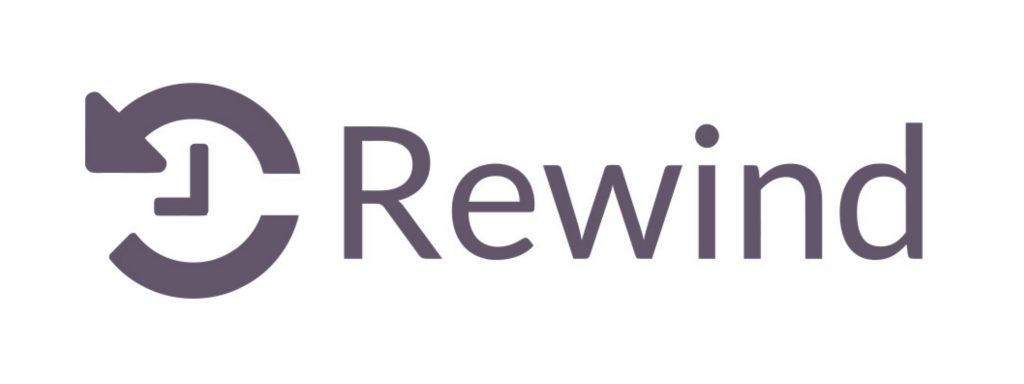
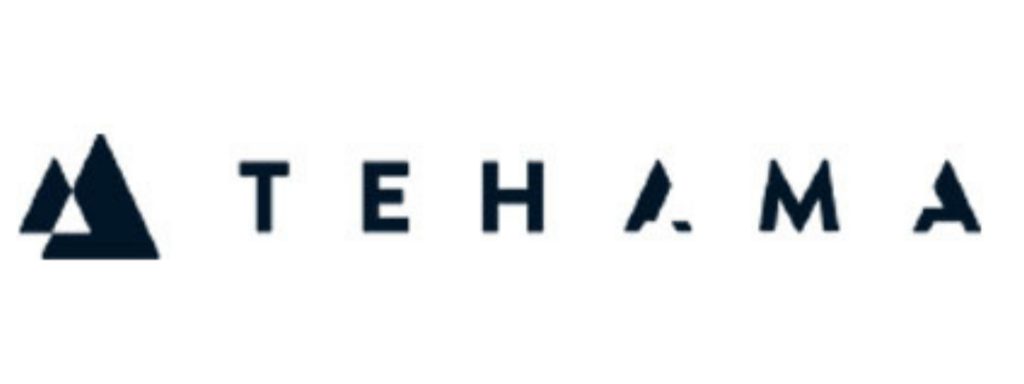
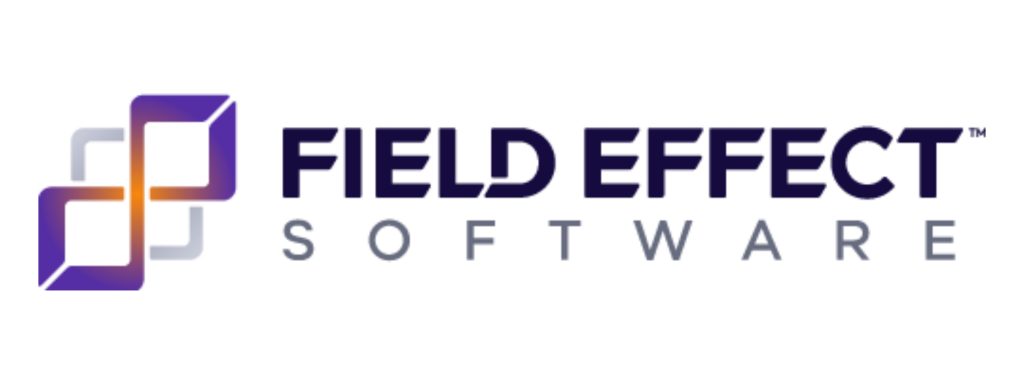
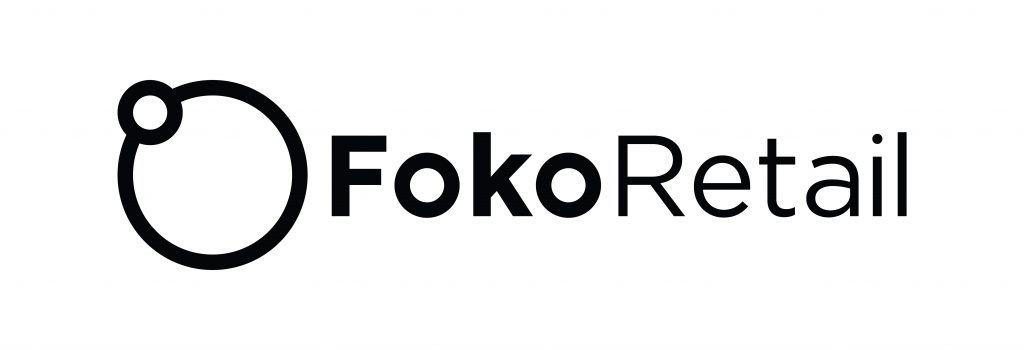
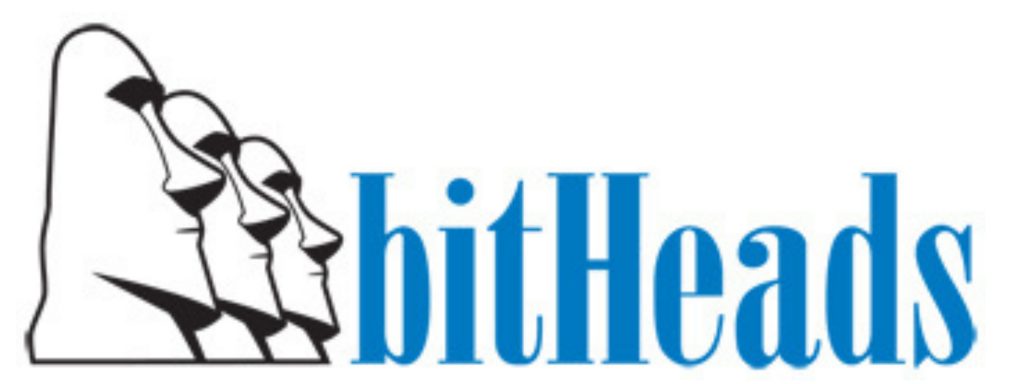
 Transforming our data-driven world takes talent, and MindBridge is where it’s happening. This is where you’ll take artificial intelligence to enable and inspire humans to do more and be better. Our people, our customers, and our investors agree: No one else is accomplishing what we’re doing with data-driven AI right now.
Transforming our data-driven world takes talent, and MindBridge is where it’s happening. This is where you’ll take artificial intelligence to enable and inspire humans to do more and be better. Our people, our customers, and our investors agree: No one else is accomplishing what we’re doing with data-driven AI right now. 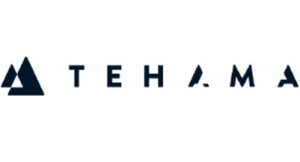 Tehama is enabling the digital workplace of the future. 150 companies are using Tehama. 600,000+ hours of IT services delivered. Zero breaches. The company’s head office is in the heart of the highly desirable Westboro neighborhood of Ottawa where you have your pick of the best of Ottawa’s cafes, restaurants and shops. Prefer to work from home? Tehama offers remote working options and flexible core hours. Join a team of the best and brightest and enjoy competitive salaries, benefits and a commitment to YOUR long-term success.
Tehama is enabling the digital workplace of the future. 150 companies are using Tehama. 600,000+ hours of IT services delivered. Zero breaches. The company’s head office is in the heart of the highly desirable Westboro neighborhood of Ottawa where you have your pick of the best of Ottawa’s cafes, restaurants and shops. Prefer to work from home? Tehama offers remote working options and flexible core hours. Join a team of the best and brightest and enjoy competitive salaries, benefits and a commitment to YOUR long-term success. 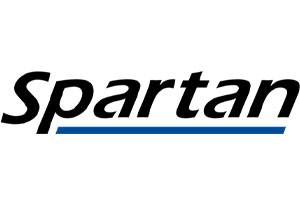 Spartan Bioscience aspires to unleash the power of DNA testing for everyone. Like the Spartan warriors of Ancient Greece, our smart, hard-working, and honorable team members get things done. Learn
Spartan Bioscience aspires to unleash the power of DNA testing for everyone. Like the Spartan warriors of Ancient Greece, our smart, hard-working, and honorable team members get things done. Learn